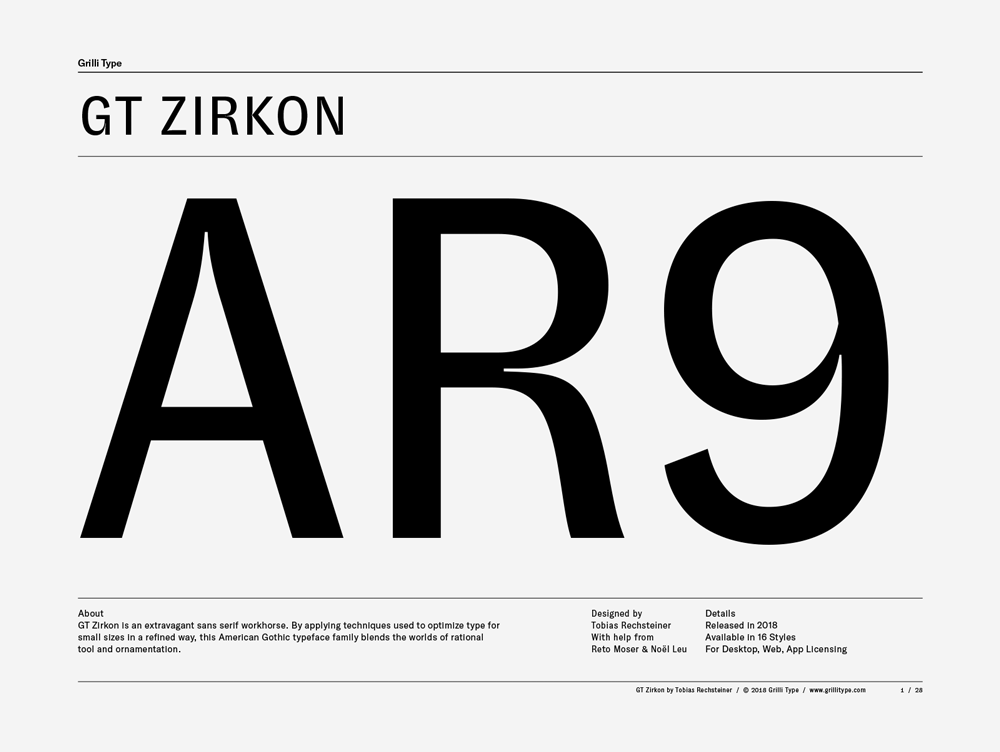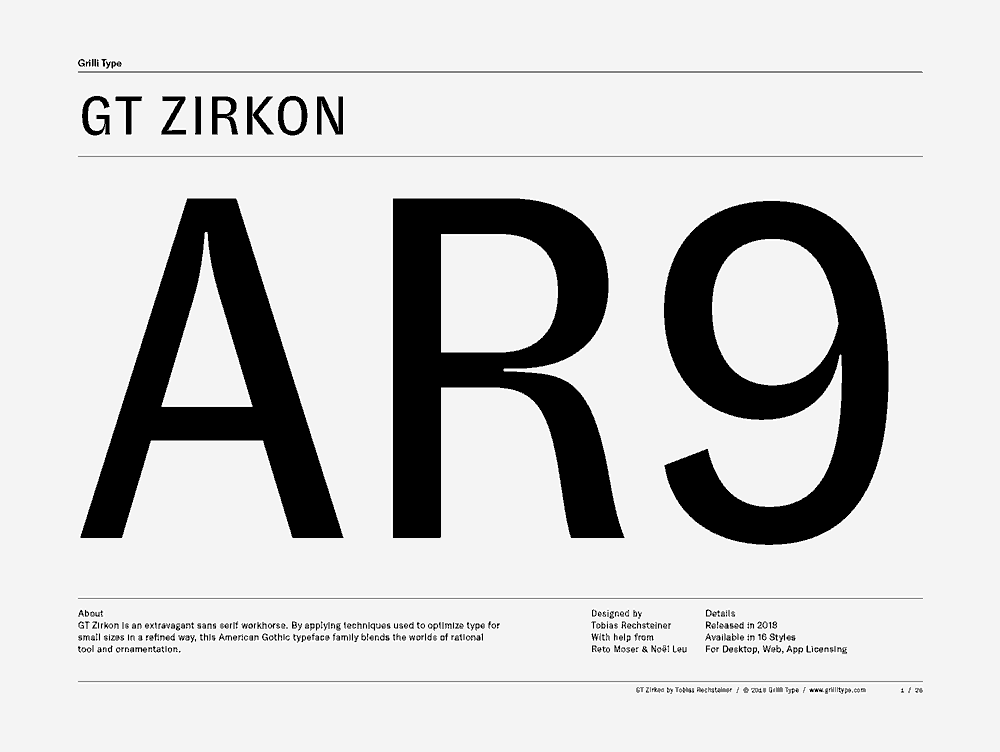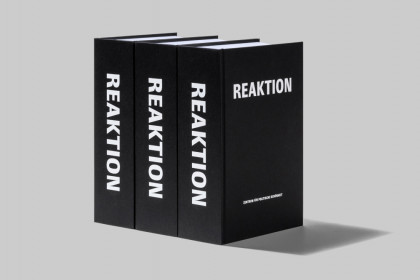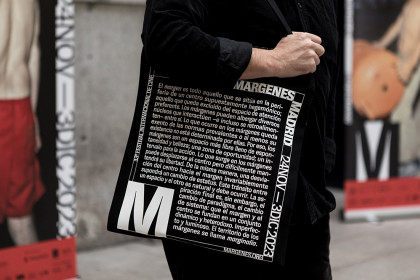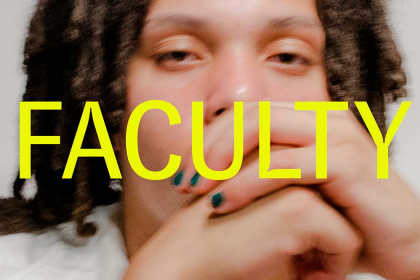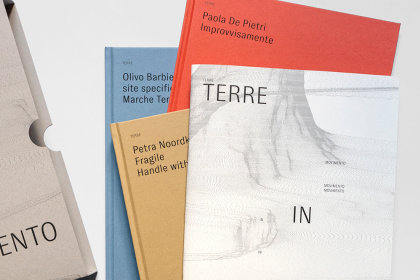GT Zirkon
Family overview
- Ultra Light Italic
- Thin Italic
- Light Italic
- Book Italic
- Regular Italic
- Medium Italic
- Bold Italic
- Black Italic
- Ultra LightMinerals are classified by key chemical constituents; the two dominant systems are the Dana classification and the Strunz classification.
- Ultra Light ItalicZircon is mainly consumed as an opacifier, and has been known to be used in the decorative ceramics industry.
- ThinCurrently, zircons are typically dated by uranium-lead (U-Pb), fission-track, cathodoluminescence, and U+Th/He techniques.
- Thin ItalicDuring the growth process, crystals are also highly susceptible to consciousness imprinting, whereby the meditations, through-patterns, healing energy or bioelectric field identity of the grower may be enjoined within the crystalline structure and memory.
- LightYellow, orange and red zircon is also known as “hyacinth”, from the flower hyacinthus, whose name is of Ancient Greek origin.
- Light ItalicAn interesting habit occasionally exhibited in Zircon from a few localities is that their color darkens and their luster dulls upon prolonged exposure to sunlight.
- BookManly P. Hall and other students of esoteric wisdom have also noted that many ancient crystals were produced by ‘zodiacal formulae’ grown at specific times, when the sun, moon and planets were in special heavenly positions.
- Book ItalicNew York University chemists have created three-dimensional DNA structures, a breakthrough bridging the molecular world to the world where we live.
- RegularRecent experiments, for example, have shown that crystals grow five times faster when their supersaturated solution is subjected to frequencies of 10 to 100 cycles a second.
- Regular ItalicZircon is mainly consumed as an opacifier, and has been known to be used in the decorative ceramics industry.
- MediumAustralia leads the world in zircon mining, producing 37% of the world total and accounting for 40% of world EDR for the mineral.
- Medium ItalicConnected to internal radiation damage, these processes partially disrupt the crystal structure and partly explain the highly variable properties of zircon.
- BoldZircon is an important gemstone, with several color forms used in various forms of jewelry.
- Bold ItalicCommercially valuable minerals and rocks are referred to as industrial minerals.
- BlackZircon is ubiquitous in the crust of Earth and it occurs as a common accessory mineral in igneous rocks, in metamorphic rocks and as detrital grains in sedimentary rocks.
- Black ItalicThe name zircon is taken from the name of the mineral zircon, the most important source of zirconium.
- Settings
Typeface information
GT Zirkon is an extravagant sans serif workhorse. It blends the worlds of rational tool and ornamentation by applying techniques used to optimize type for small sizes in a refined way.
Typeface features
OpenType features enable smart typography. You can use these features in most Desktop applications, on the web, and in your mobile apps. Each typeface contains different features. Below are the most important features included in GT Zirkon’s fonts:
- SS01
- Alternate Arrows
Volume ↗
- SS02
- Alternate f
Refraction
- ONUM
- Oldstyle Figures
0123456789
- SMCP
- Small Caps
Ore Deposit
Typeface Minisite
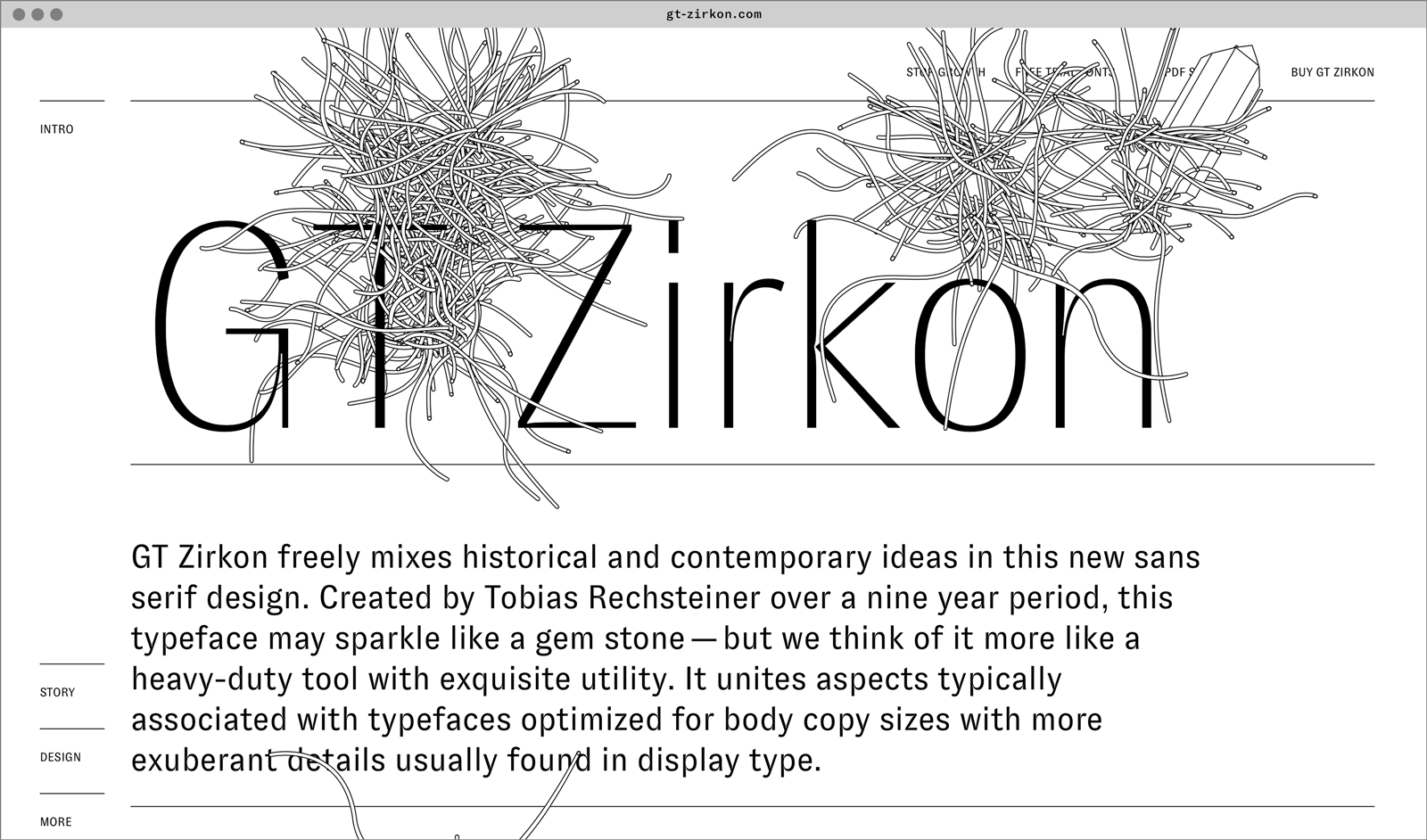
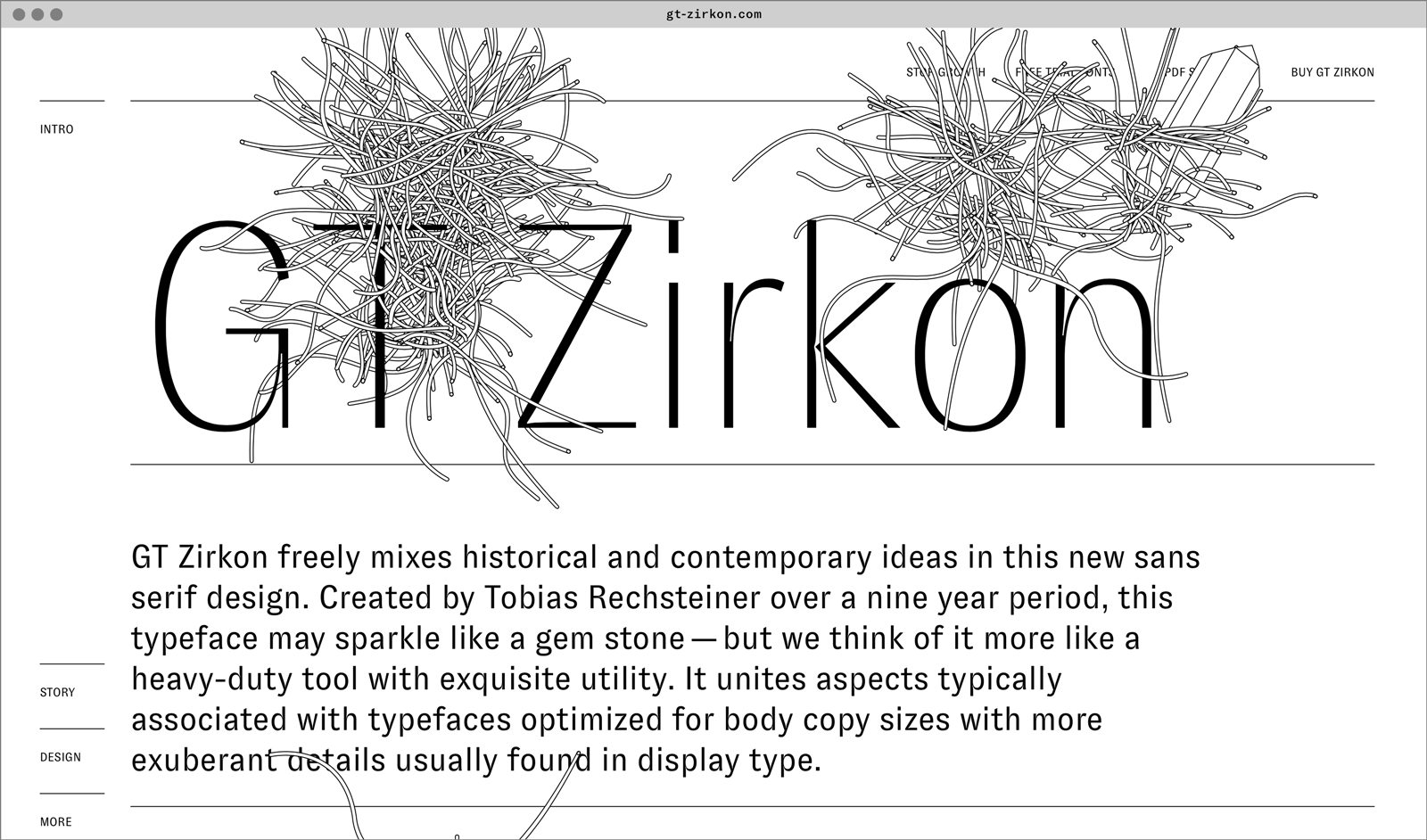
- Visit the GT Zirkon minisite to discover more about the typeface family’s history and design concept.
GT Zirkon in use
